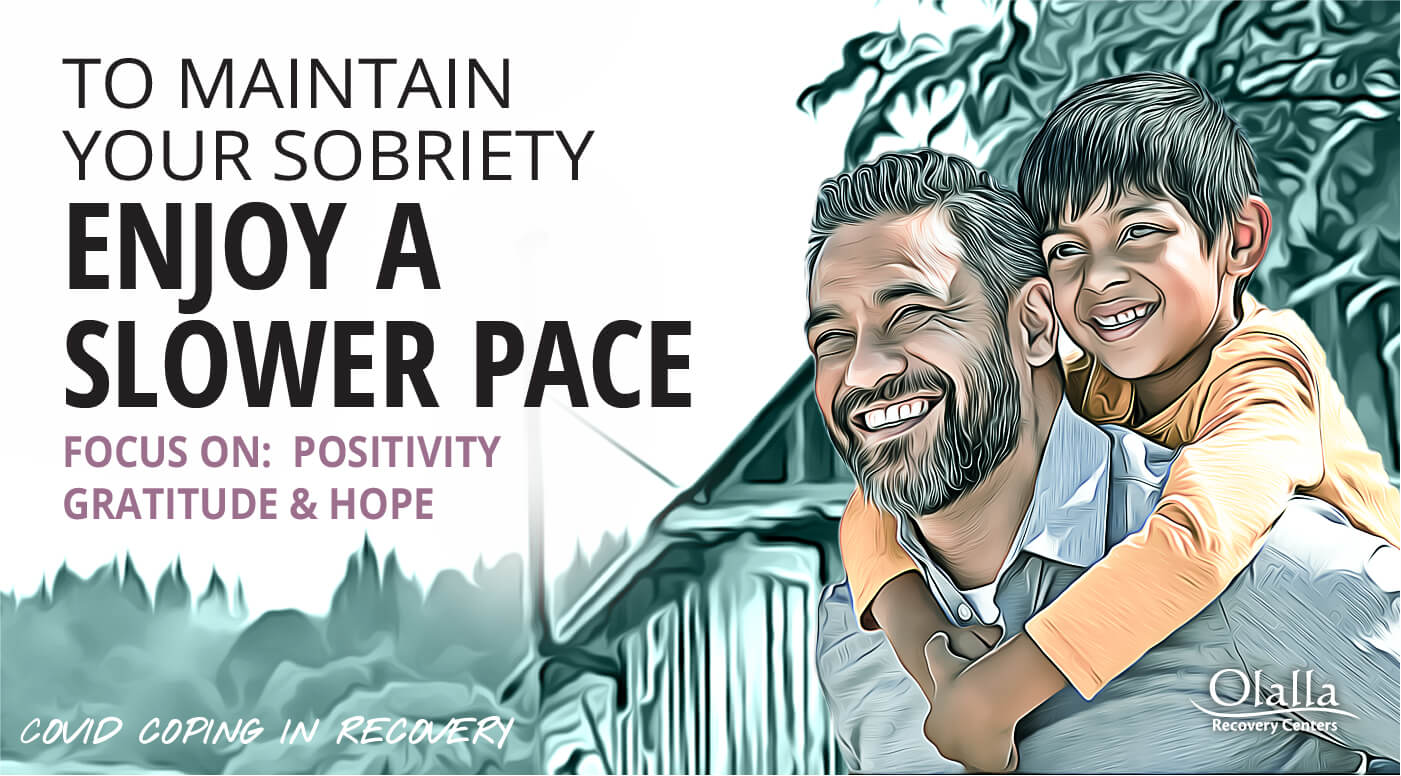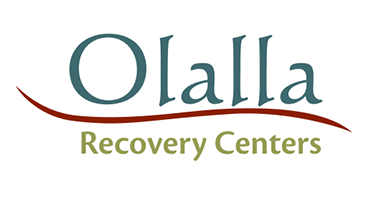
17 Nov Avoiding Negative Behaviors
in Times of Uncertainty
Social isolation. Economic losses. Fears of the unknown. Health worries. Pressure to balance work and family. Any one of these factors is enough to lead to mental health issues like stress, anxiety or depression.
The pandemic, of course, is causing all of these challenges. And many people are experiencing not one but several at the same time.
In times like these, more individuals turn to alcohol or drugs as a coping mechanism. If you’re experiencing new emotions or cravings, it’s important for you to understand why — and what you can do to stay on track with your recovery.
How the pandemic impacts negative behaviors
People of all walks of life, even if they’re healthy, are more likely to struggle with their mental wellbeing during disasters such as the COVID-19 pandemic. Social isolation, in particular, is associated with issues ranging from depression and anxiety to mood changes, low self-esteem and posttraumatic stress disorder, according to the Washington State Department of Health.
As the pandemic lingers, some individuals and entire communities may also enter a disillusionment phase — a typical reaction to prolonged disasters — which further increases depression. Now that the weather has changed, bringing an increase in seasonal affective disorder, some of the same symptoms, like depression, will escalate. And that’s before we even get to the holiday season, which brings emotional turmoil for some individuals in recovery.
Research has linked disasters, in general, with higher level of tobacco, cannabis and alcohol use. COVID-19 is no exception. The pandemic increases your risks of substance misuse and addiction relapse.
It’s because individuals who feel emotional burnout, depression and other mental health setbacks turn to drugs and alcohol as a coping mechanism. This is essentially the same response you may have had during other stressful times in your life — except the risk of falling into those behaviors right now is much greater.
Fighting and staying strong
First, know that your rollercoaster emotions or increased cravings are a normal consequence of what we’re all collectively experiencing during the pandemic. You are not alone in this struggle.
At the same time, it’s dangerous to use that as an excuse. You’ve been working on building your resilience in your recovery journey — and now is the time to both fall back on that resilience to fight and to grow even stronger.
Think about what you had to do to come this far. The sacrifices you made. The fences you mended. The new joys you found. Do you really want to risk losing all this progress — then have to start over?
Coping in healthy ways and building resilience
To get through these times of uncertainty, you’ll need to use all the tools you’ve acquired in your recovery journey. Think about the strategies you’ve learned — from your peers, your care team and other resources — and apply those every day.
Some of the many things you can do:
- Focus on hope and gratitude. Continue working toward your goals and consider all the positive aspects of your life and the progress you’re making.
- Continue your routines and healthy habits. Cook healthy meals (you’ll enjoy learning new skills in the process), be creative with exercise, meditate and practice mindfulness (or find other ways to clear your mind).
- Maintain social connections. Even if you can’t get together in person with your support network, find other ways to stay in touch, like daily phone calls or regular video meetings.
- Stay flexible and adapt. The human brain has an amazing capacity of adapting to change. It’s how you grow.
- Enjoy the slower pace. Look at this time as an opportunity — to reevaluate priorities, to spend more quiet time on reflection, to learn new skills and to reconnect with supportive family members, even if only virtually for now.
Turning to negative behaviors is the easy way out. But you’ve known that recovery was not going to be easy. Look at this as just another bump in the road.
Give yourself permission to grieve for the loss of normalcy, to take the time to process your feelings and to acknowledge your emotions. Then resolve to stay the course of your recovery — and that means doing whatever it takes to maintain a strong mind, body and spirit.
Struggling on your own? Olalla’s programs are open. Reach out if you need help.
CALL: 1-800-882-6201 to talk to someone
SUBSCRIBE: to our monthly Recovery Blog delivered to your inbox.
READ MORE: on our website.
FIND A MEETING: Go here to search for an AA or AN meeting near you or a virtual one.


